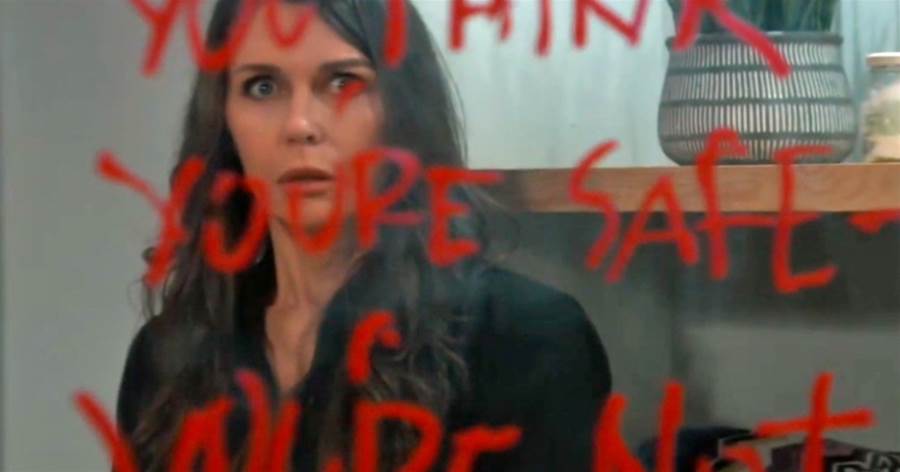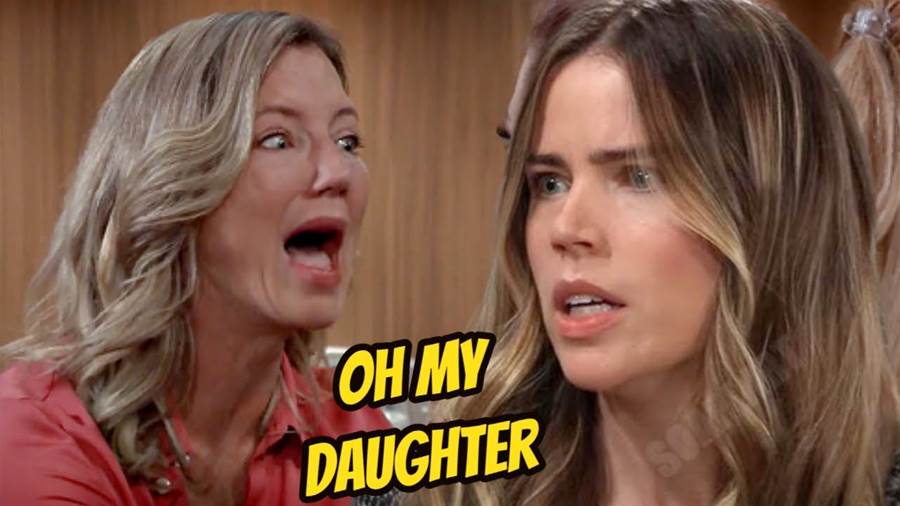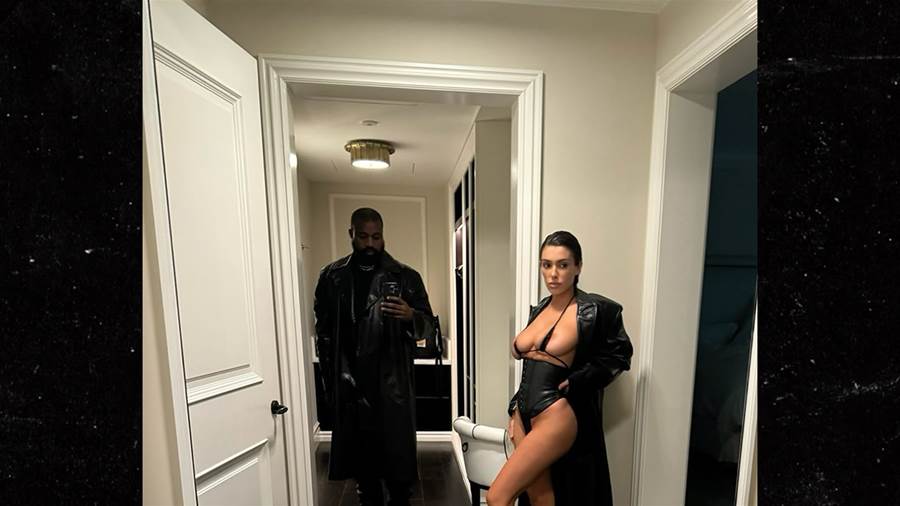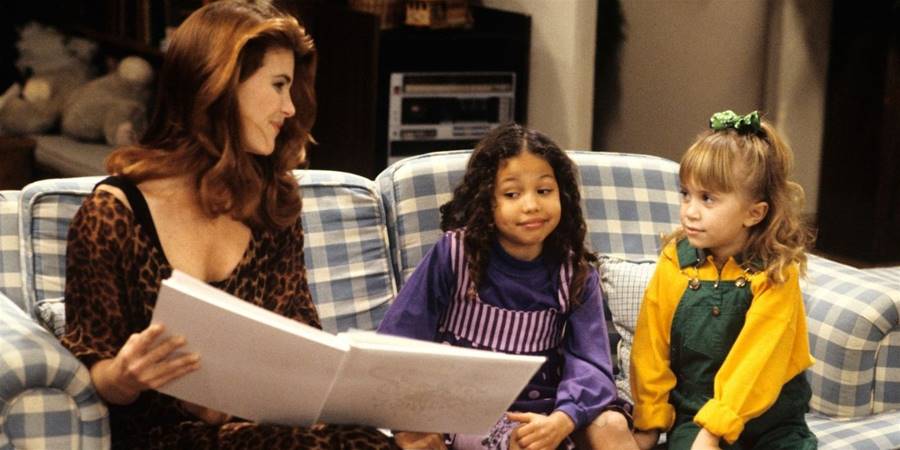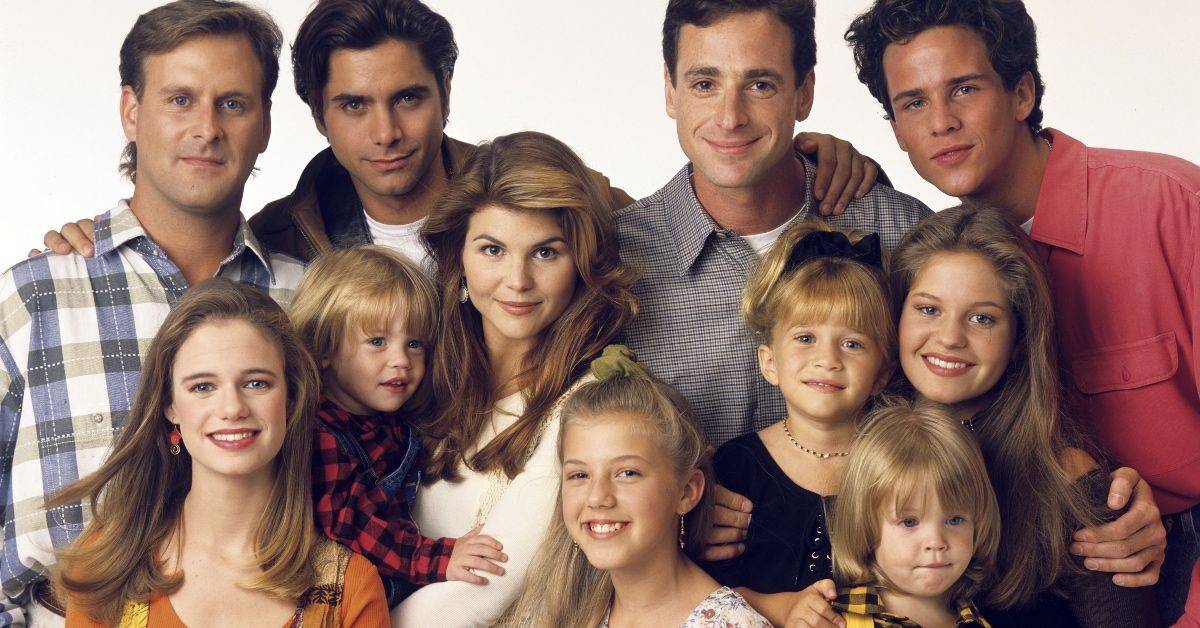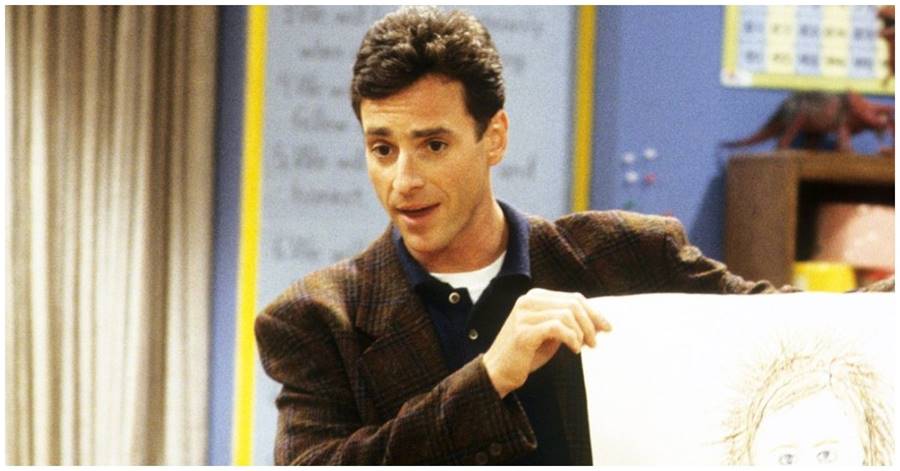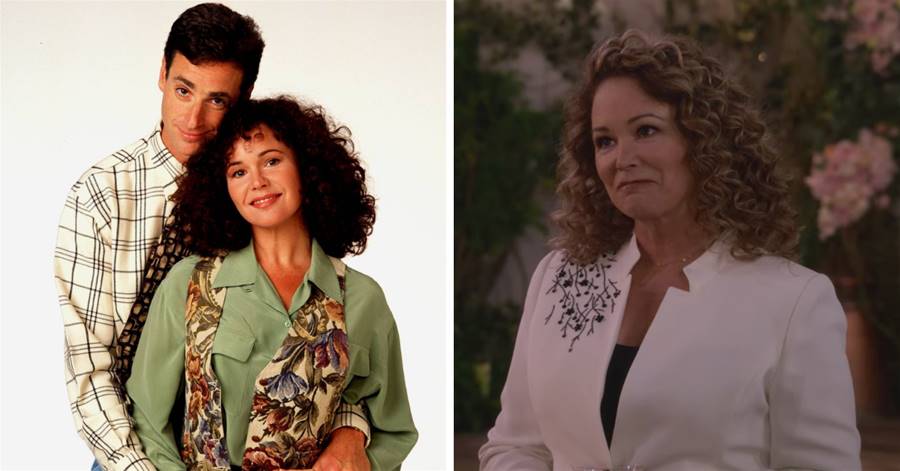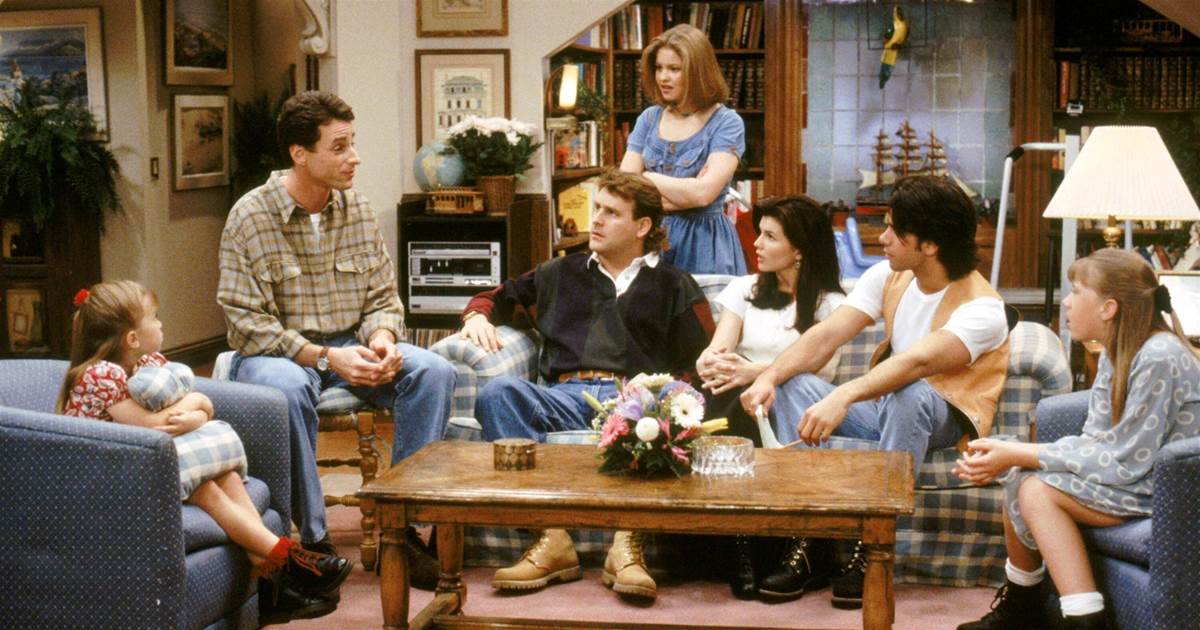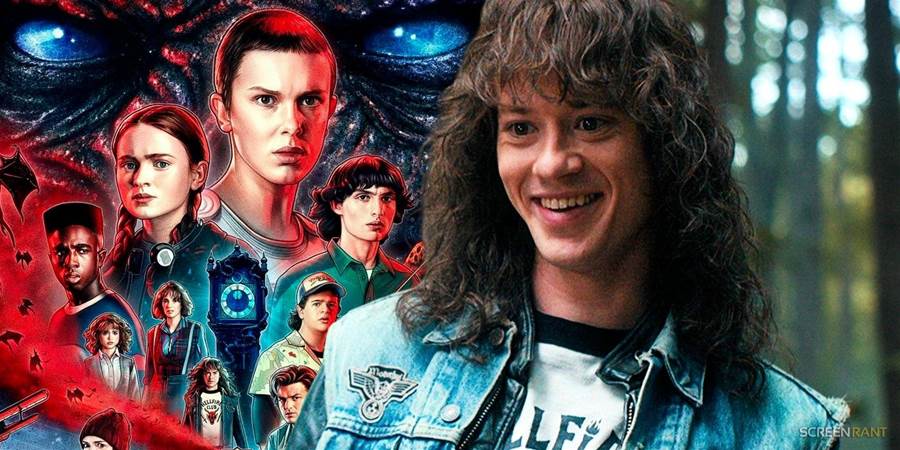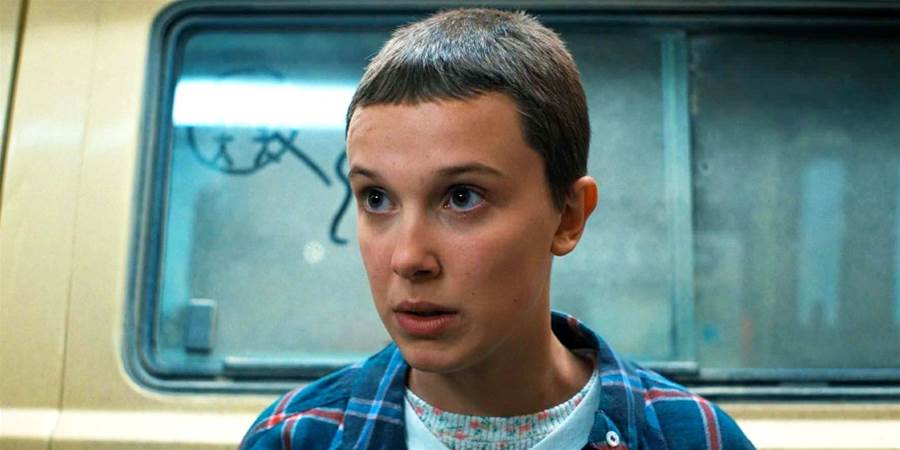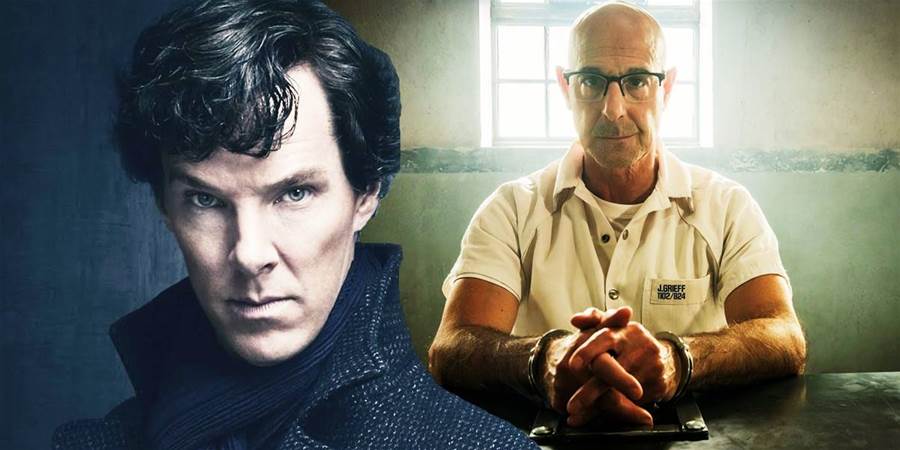
WARNING: This article contains spoilers for .Steven Moffat's new thriller stars Stanley Tucci as a Sherlock Holmes-style character that could be better than Benedict Cumberbatch in . The four-part thriller explores how the lives of a journalist, a teacher, a convicted murderer, and a vicar intersect with each other. At the center of the story is convicted murderer Jefferson Grieff (Tucci), a brilliant criminologist who's on death row for the violent murder of his wife. In an attempt to do some good before his execution, Grieff uses his considerable skills to consult on investigations of "". Reviews have likened Tucci's character to Anthony Hopkins' infamous serial killer Hannibal Lecter, who also consulted on mysteries.
However, Tucci's character feels more like Arthur Conan Doyle's consulting detective, Sherlock Holmes.
in Steven Moffat and Mark Gatiss' modernization of Conan Doyle's works across four seasons and a Christmas special. The show was a combination of classic Holmes mysteries like and with original mysteries written by Moffat, Gatiss, and Steven Thompson. The show was a huge success for Steven Moffat, and earned a fan in Stanley Tucci who accepted because of his love of . Despite the show ending in 2017, it's clear from that Moffat still has some affection for the character.
Cumberbatch's Sherlock was often more abrasive than the Holmes of Conan Doyle's novels.
Where Conan Doyle's , coaxing his partner into assisting with the deductions, Cumberbatch's Sherlock was much more dismissive of those he deemed to be less intelligent. Weirdly, given that he's a convicted murderer, Grieff is actually more charming than Sherlock, and is more open about his deductive prowess, encouraging others to follow his line of thinking. In many ways, Tucci's portrayal of Grieff is, therefore, a better interpretation of the original, classic Sherlock Holmes character than Benedict Cumberbatch's.
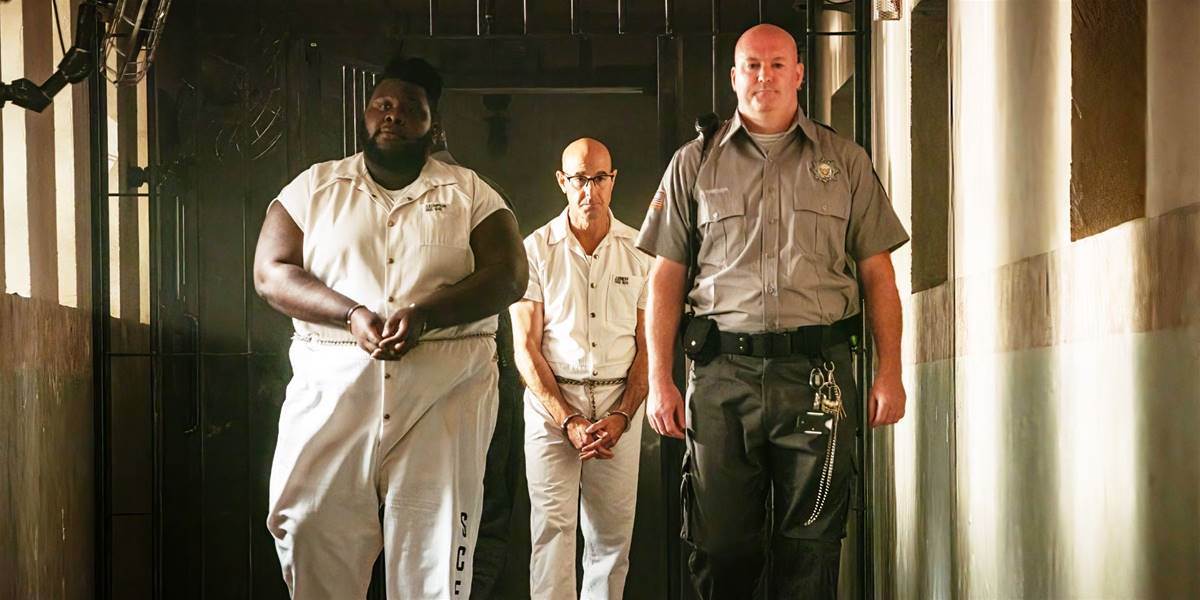
In episode 1, Grieff is presented with the strange case of a suspected rapist who receives $253.55 every time he has sex with his wife. Grieff quickly solves the mystery and refuses to accept it because it doesn't fit his criteria. Where Sherlock would have condescended , Grieff instead trusts the intelligence of his own partner, convicted serial murderer and cannibal Dillon Kempton (Atkins Estimond) to find the solution himself, which he does by the episode's end. Stanley Tucci's criminology professor could easily see Dillon as someone of lower status, but he affectionately treats him as an equal, not least because of his belief that everyone is "
" away from being a murderer.
As convicted criminals, Grieff and Kempton's more obviously supportive partnership flips audience expectations. It's also more like Holmes and Watson than Moffat's Sherlock and John. Martin Freeman's John Watson wasn't a million miles away from his role as Tim in , an Everyman surrounded by frustrating and impossible characters. The friendship between Sherlock and John was much more repressed than it ever was in , where Holmes' affection for Watson shone through his good-natured ribbing.
In ,Steven Moffat presented Holmes' skills for deduction as a sort of cold calculation that reduced human beings to creatures of habit.
In , Grieff also sees human beings as creatures of habit, but there's a fascination in them too, exemplified by how he takes on the case of the missing teacher. This fascination was at the heart of Conan Doyle's iconic character, and Tucci brilliantly continues the Holmesian tradition as Jefferson Grieff.
